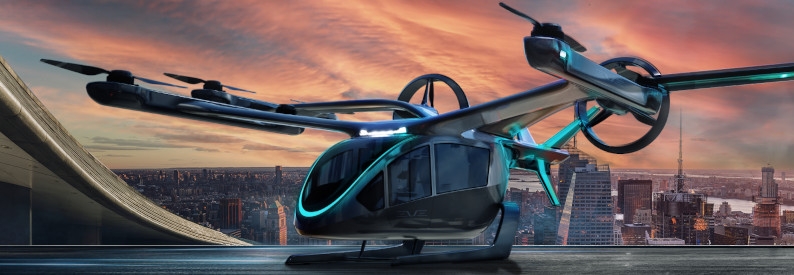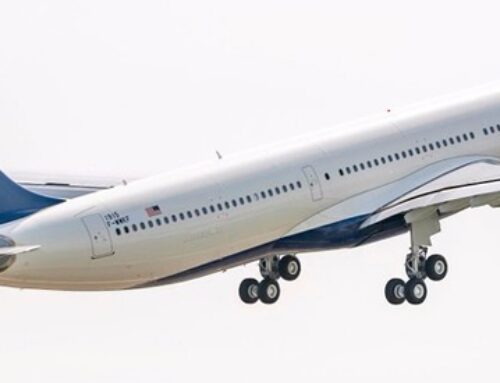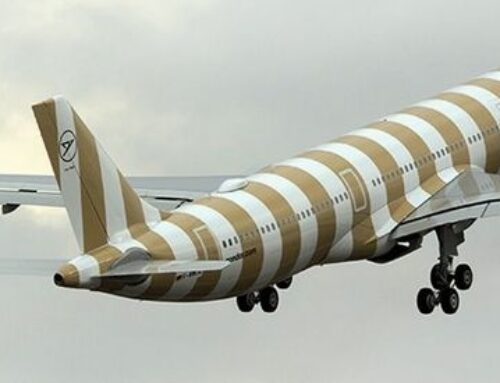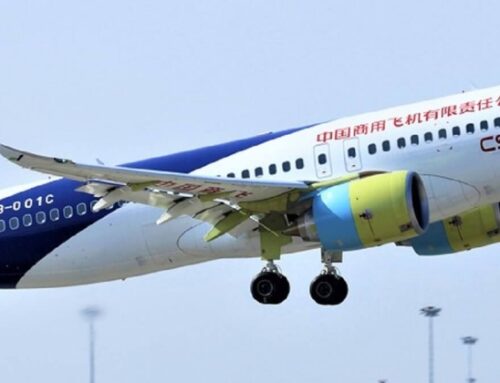
Imagine zipping above the cityscape, bypassing congested streets and making your way from point A to point B in a fraction of the time it would take by car. This vision of the future is inching closer to reality with the advent of electric vertical take-off and landing (eVTOL) vehicles, often dubbed flying cars, air taxis, or passenger drones. With a market potential valued at $1 trillion by 2040, according to JPMorgan, eVTOLs represent a burgeoning industry set to revolutionize urban and intercity travel.
The promise of eVTOL technology lies in its ability to offer efficient, all-electric transportation that can take off and land vertically, eliminating the need for lengthy runways and enabling access to densely populated urban areas. This makes them an enticing solution for reducing travel time in cities or for quick hops between neighboring cities.
Dozens of companies across the globe, from China to the United States and Europe, are fervently developing their own eVTOL models, each vying for a piece of the future mobility pie. Among these, Lilium, a company based in Munich, Germany, has made significant strides by commencing the manufacturing phase of its jet—a testament to the rapid progress within the industry since my firsthand experience in Spain in 2022.
During a visit to Lilium’s headquarters, the palpable sense of innovation and determination underscored the company’s commitment to redefining the way we think about travel. With sleek designs that blend the practicality of vertical takeoff and landing with the efficiency of electric propulsion, eVTOLs like Lilium’s jet are poised to offer a new paradigm of travel, one that is faster, cleaner, and more convenient than current modes of transportation.
The enthusiasm around eVTOLs is not just about the novelty of flying cars but also about their potential to significantly mitigate urban congestion, reduce travel times, and contribute to environmental sustainability by cutting down on fossil fuel consumption. As these vehicles edge closer to becoming a mainstream reality, the question arises: would you take a ride in one?
The vision of eVTOLs seamlessly integrating into our daily lives is still in its formative stages, with regulatory, technological, and infrastructural hurdles yet to be fully overcome. However, the ongoing advancements and the investment flowing into this sector signal a clear direction towards a future where flying cars are not just a fixture of science fiction but a practical solution to contemporary transportation challenges.
As the eVTOL industry continues to evolve, it invites us to reimagine the possibilities of urban mobility and consider a future where the sky could literally be the limit for daily commutes and city-to-city travel. With companies like Lilium leading the charge, the dream of taking to the skies in a personal air taxi is closer than ever to becoming a reality.







